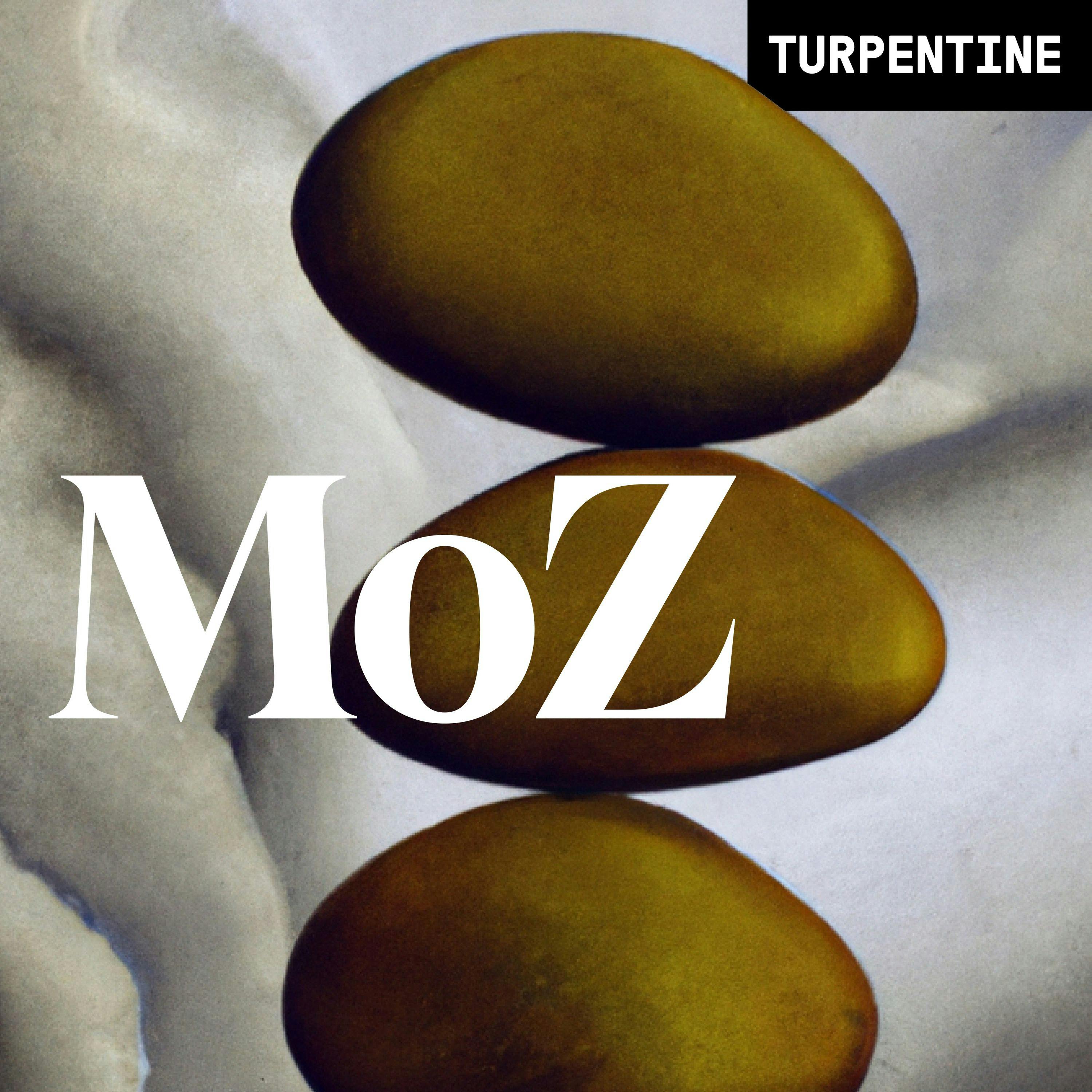
Moment of Zen
Latest Business Ideas
Coordinated Voter-Relocation Bloc Platform
This idea is a digital platform/community that organizes and coordinates small, identity-driven migration blocs for local political change (e.g., pro-housing YIMBY activists moving to a target city, registering, and voting as a bloc). The product would combine member onboarding, relocation logistics (housing leads, short-term leases), voter-registration guidance, endorsed candidate information, and a membership identity/communication layer (mailing lists, local chapters, candidate endorsements). Implementation could start as a membership site + private forum/Discord, paired with a relocation concierge (affordable listings, partner brokers, moving discounts) and a voter-prep toolkit. Revenue streams: membership/subscription, premium relocation services, sponsored local events, and referral fees from housing partners. The problem solved is the coordination failure that prevents people with aligned policy preferences from concentrating influence in local elections; the target audience is politically-minded activists, policy advocates (e.g., YIMBYs), and organizations wanting to effect municipal change. Tactics mentioned in the episode—creating an identity, mailing lists, and endorsing candidates—map directly to features: identity branding, curated newsletters, targeted onboarding funnels, and candidate recommendation workflows. Legal and civics-compliance tooling (state-specific registration guidance) should be embedded as critical product features.
From: Why Urban Centers Outlast Empires | Samo Burja
Autonomous‑Vehicle City Planning SaaS
This idea is a SaaS simulation and planning tool tailored to municipalities, urban developers, and mobility providers to model and plan cities for autonomous vehicles (AVs) and robo‑taxi ecosystems. The product would simulate AV routing, parking demand reduction, curb management, microtransit pooling, and policy scenarios (zoning, road redesign, pick/drop regulations). Implementation: build a GIS-backed simulation engine leveraging open data (OpenStreetMap), traffic datasets, and agent-based modeling libraries to run scenarios (e.g., parking reclaimed, shuttle pooling rates, travel time changes). Offer dashboards for policy-makers showing economic, land-use, and emissions impacts, plus exportable proposals for pilot zones. The problem solved is lack of tools to translate AV technology into urban redesign and regulation; municipalities and developers need data-driven plans to repurpose parking, reallocate road space, and enact AV-friendly traffic rules. Target customers are city planning departments, special economic zone developers, mobility startups, and infrastructure consultancies. Samo explicitly mentioned repurposing parking and redesigning cities for robo-taxis, which maps to the product's core features: parking demand modeling, curb-usage optimization, and regulatory scenario testing.
From: Why Urban Centers Outlast Empires | Samo Burja
City‑Specific Digital Networking Community
This concept is a digital community/platform that intentionally maps online influence to local, IRL professional outcomes: a city-focused networking product that helps creators, technologists, and professionals convert online prominence into local hiring, mentorship, and events. The MVP can be built as a moderated membership community (city chapters), combined with an events marketplace (ticketed IRL meetups), a verified local influencer roster, and a job/intro matchmaking layer for companies seeking talent who already have an online presence. Implementation path: start with one city (e.g., SF or NYC) using a curated invite list, run weekly IRL micro-events, and provide premium listings or talent-intro services to employers (placement fees or subscription). The problem addressed is the gap between online attention and local career mobility—Samo notes that social media amplifies city-native opportunities, and IRL meetings drive hires. Target users are content creators, startup operators, recruiters and professionals in dense metros. Tactics mentioned in the episode—leveraging social media prominence, DM-to-IRL meetups, and industry-specific platform preferences (Twitter vs. Instagram by city)—inform platform features: social-signup, cross-platform verification, curated introductions, and local discovery.
From: Why Urban Centers Outlast Empires | Samo Burja
AI-Powered Travel Concierge
This business idea focuses on developing an AI-driven personal travel concierge that streamlines the entire travel planning process through conversational interfaces. The concept is to build a platform where users can simply state their travel needs—such as destination, duration, budget, and personal preferences—and the AI system handles the booking of flights, accommodations, and other services. This tool would integrate with major travel booking APIs (such as those from Airbnb, airlines, and hotels) and leverage AI algorithms to optimize travel itineraries based on cost-efficiency and convenience. The platform would target digital nomads, busy professionals, and leisure travelers who find traditional travel booking processes cumbersome. Entrepreneurs could implement this idea by building a chatbot interface that communicates with various travel data sources, automating comparisons, reservations, and itinerary management. Strategies might involve subscription models, affiliate marketing deals, or per-booking fees, while ensuring scalability through cloud-based AI services. The problem it solves is the overwhelming array of options in travel planning and the inefficiency of traditional booking methods, offering a smooth, conversational, and personalized user experience.
From: AI and The War for Your Attention | Antonio Garcia Martinez and Chris Hayes from the a16z Podcast
Tokenized Group Chat Platform
The idea is to build a digital platform that enables creators and community managers to monetize private group chats through token-based access. Inspired by the discussion on crypto group chats, a tokenized group chat platform would allow entrepreneurs to leverage blockchain technology to gatekeep community participation. Members interested in joining a niche group would purchase tokens or pay a subscription to gain access, thereby creating a revenue stream for organizers. This approach could be particularly valuable for influencers, subject matter experts, or niche community builders looking to cultivate an exclusive or high-quality engagement space without over-financializing the interaction. Implementation would involve developing a secure messaging platform integrated with blockchain smart contracts to manage tokens and access rights. The platform could also include features for moderation, analytics, and community management. The target audience includes crypto enthusiasts, online community creators, and digital influencers who seek new monetization models in an increasingly crowded digital attention economy. Tactics could include partnerships with existing crypto wallet providers, use of common blockchain networks for token issuance, and a freemium model to attract users before converting them to paid members.
From: AI and The War for Your Attention | Antonio Garcia Martinez and Chris Hayes from the a16z Podcast
Get Business Ideas from Moment of Zen
Join our community to receive curated business opportunities from this and hundreds of other podcasts.